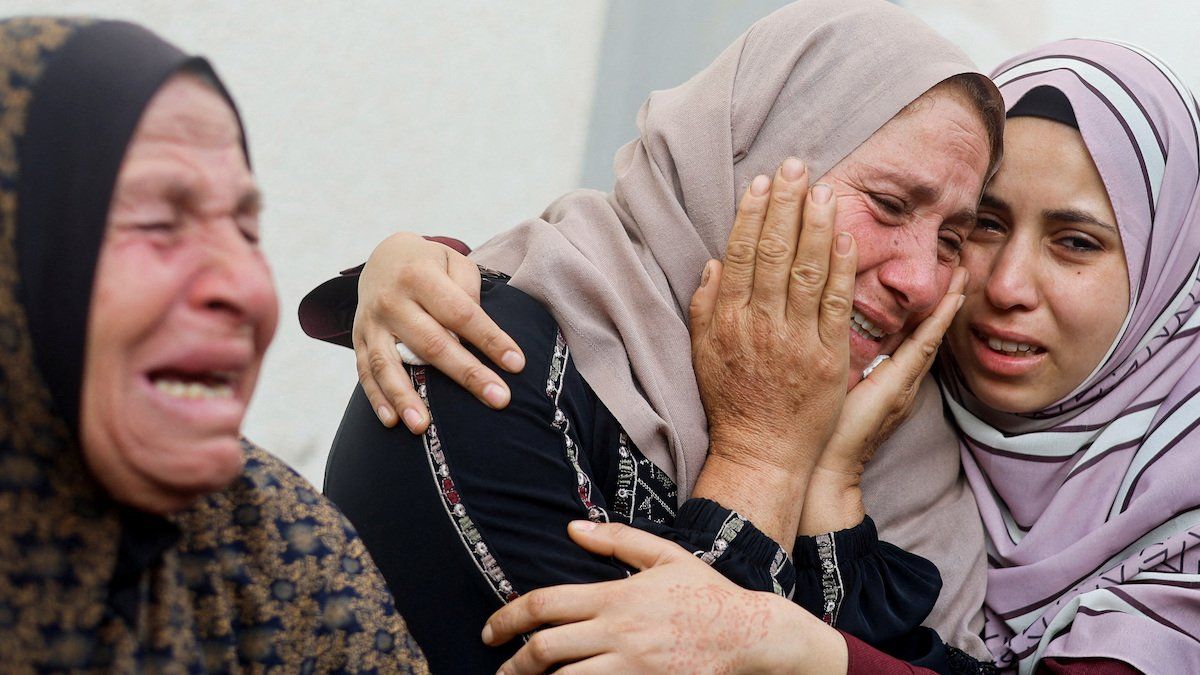Israeli air strikes on Rafah in southern Gaza this weekend killed 22 people, including 18 children. Israel has intensified its operations against Hamas in recent days, leading to speculation that it may be preparing for a ground operation in Rafah — where some 1.4 million displaced Palestinians are sheltering.
In a statement, Prime Minister Benjamin Netanyahu said that Israel “will increase the political and military pressure on Hamas ...We will land more and painful blows on Hamas — soon.”
Giving and taking. This comes as the US House of Representatives approveda $95 billion legislative package, including $9 billion in humanitarian aid, of which $2 billion is reportedly earmarked for Gaza, and $17 billion in defense aid to Israel. The Senate is expected to pass the package soon, and President Joe Biden is ready to sign it.
Simultaneously, however, the US is threatening to sanction the IDF’s Orthodox Netzah Yehuda battalion over accusations of human rights abuses in the West Bank. This would be the first time the US has considered such a move, sparking a sharp response from Israeli officials.
Netanyahu described the sanctions as “the height of absurdity and a moral low” during a time of conflict, while fellow war cabinet member Benny Gantzwarned that “imposing sanctions on the unit is a dangerous precedent and sends the wrong message to our shared enemies.”
